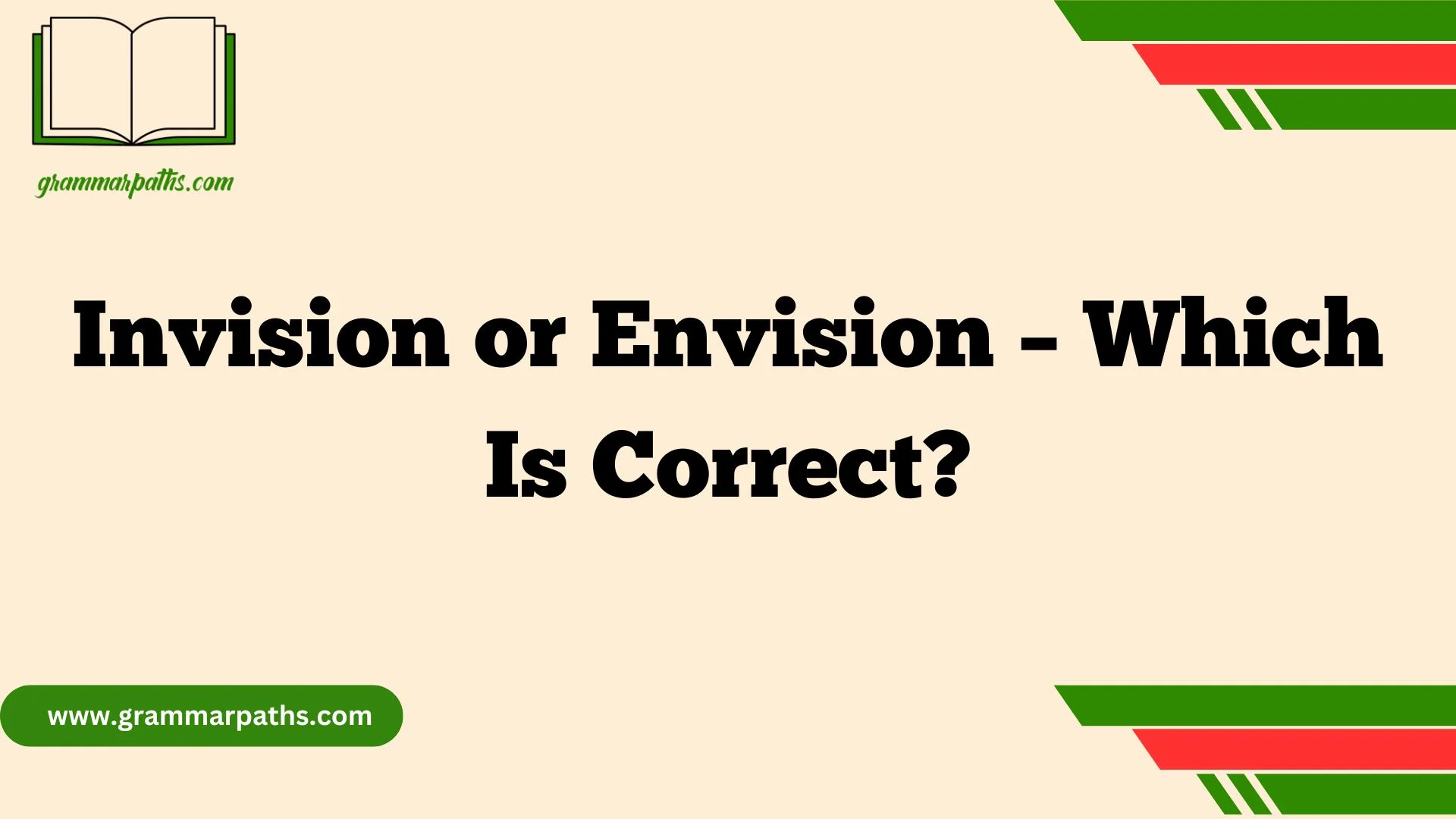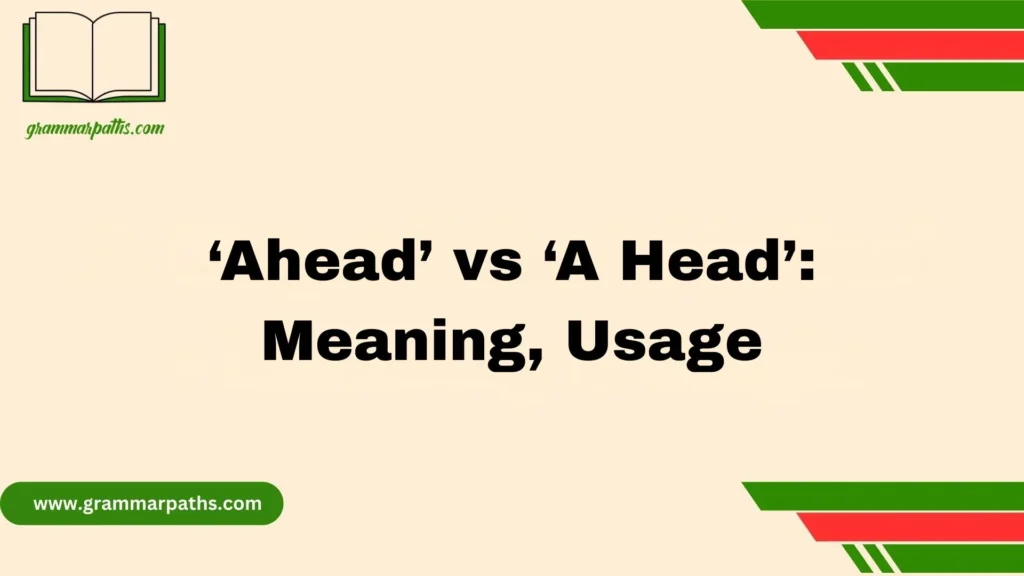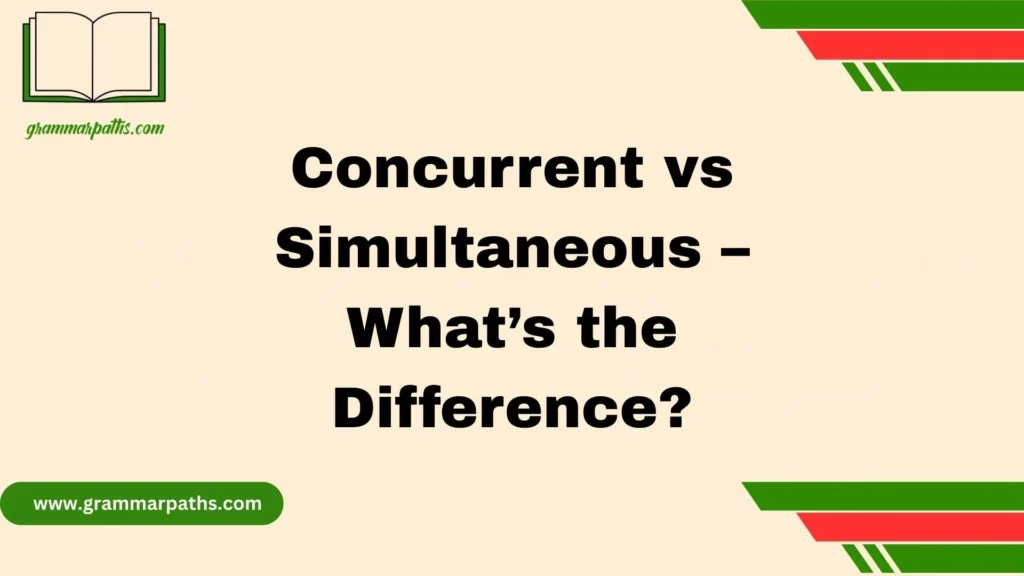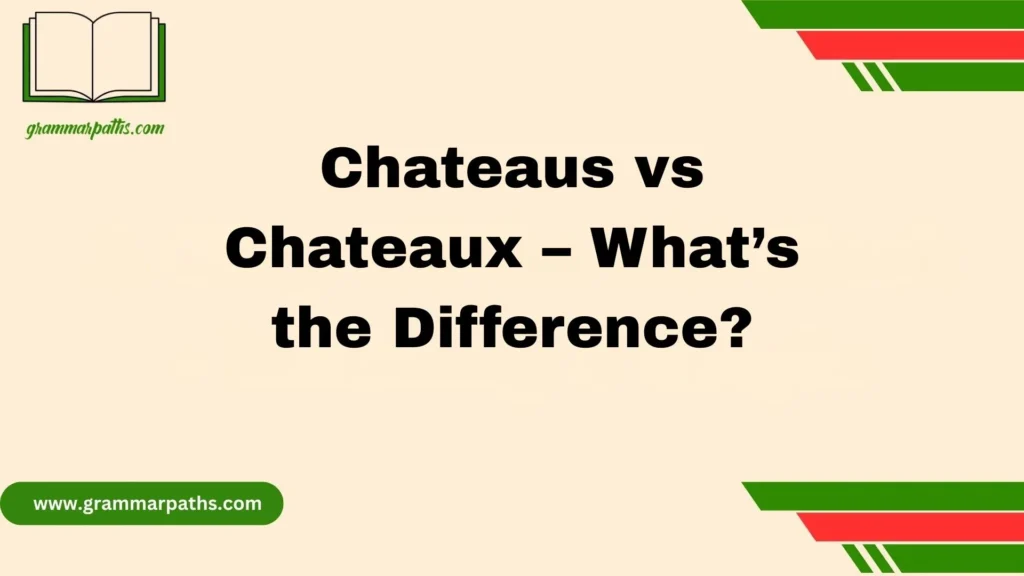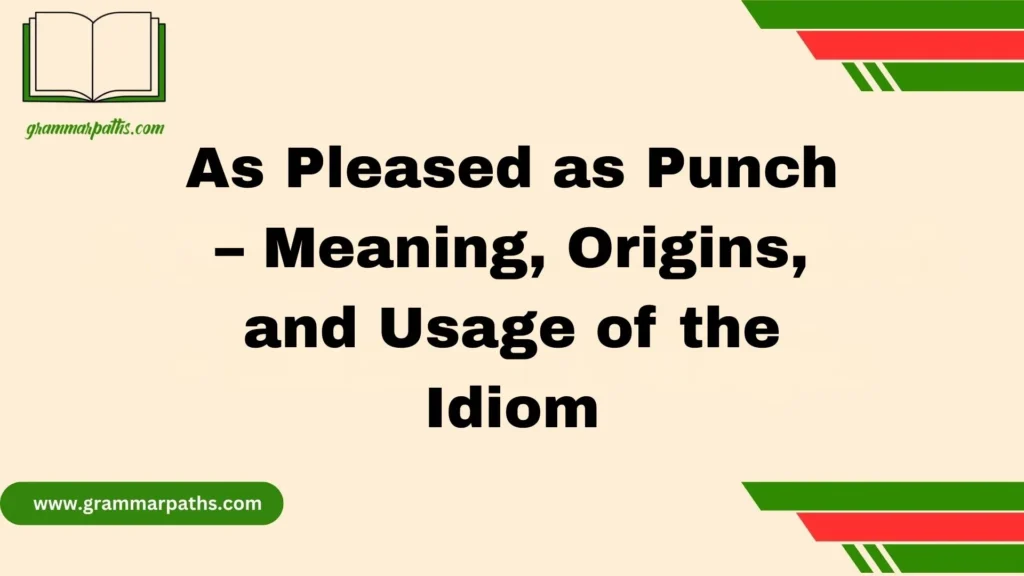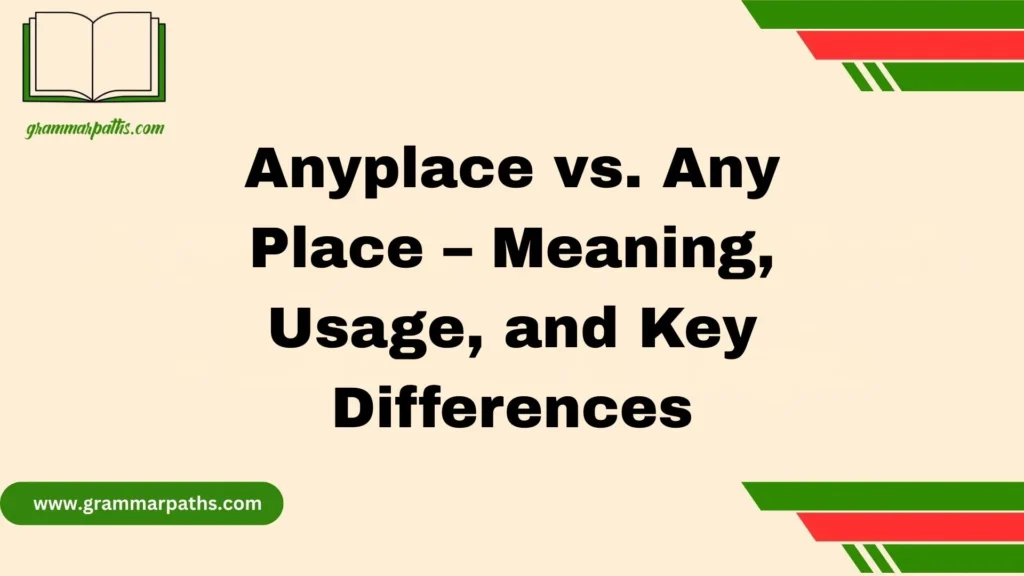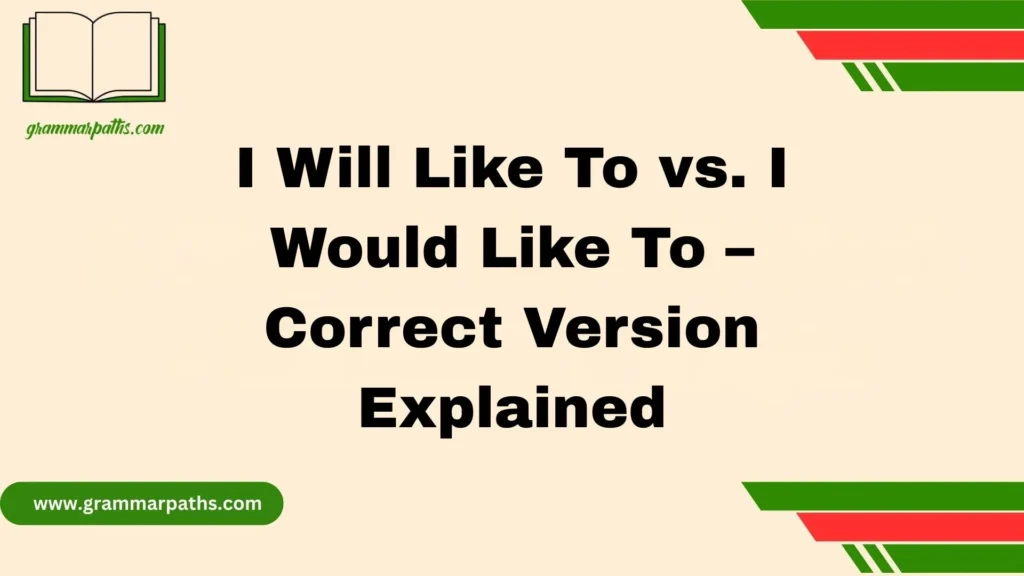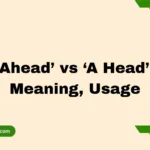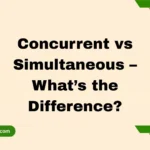When it comes to choosing between “Invision” or “Envision,” many English learners — and even native speakers — find themselves puzzled. These two words sound incredibly similar and seem interchangeable at first glance, but they’re not quite the same. In fact, only one is considered correct in standard English, and understanding the difference can sharpen both your writing and communication skills. If you’ve ever wondered whether to use “invision” in a sentence or you’ve seen someone envisioning their future, you’re not alone.
The confusion typically stems from how we pronounce and hear these terms, especially in casual conversation. Some even assume “Invision” might be a stylistic or modern alternative — especially with the popularity of brands like InVision, a digital design platform. However, when we’re talking about the correct spelling, definition, and usage, only one version holds up in grammar guides and dictionaries.
In this post, we’ll clear up the confusion between “invision” and “envision,” explore their etymology, show examples of correct usage, and explain why “envision” is the preferred term in formal writing. Whether you’re writing an essay, drafting a business plan, or simply expanding your vocabulary, this guide will give you clear answers.
Quick Answer: Invision vs Envision
Let’s get right to it.
✅ “Envision” is the correct English word used to describe the act of picturing something in the mind.
❌ “Invision” is not a standard English word—it’s typically a brand name, most famously used for the digital product design platform.
Real-World Examples:
- ✅ Correct: “The architect could envision the entire city layout in his head.”
- ❌ Incorrect: “The architect could invision the entire city layout in his head.” (Unless referring to the software!)
So, if you’re writing for work, school, or a blog, always choose “envision”—unless you’re referencing a specific product or company called “InVision.”
What Does “Envision” Mean?
“Envision” is a verb that means to imagine, visualize, or picture something mentally—often something that hasn’t happened yet. It’s rooted in the Latin word “videre,” meaning “to see.”
Dictionary Definition (Simplified):
Envision (verb) – to picture something mentally, especially something in the future.
Common Uses:
- Strategic planning: “We envision growth over the next 5 years.”
- Creative thinking: “Try to envision how your story will end.”
- Inspirational speaking: “Leaders envision what others can’t see.”
Sentence Examples:
- “I can envision a world without pollution.”
- “She envisioned herself standing on the winner’s podium.”
This word is commonly used in formal writing, professional communication, and motivational contexts.
What Does “Invision” Mean?
“Invision” is not a recognized English word in dictionaries like Merriam-Webster or Oxford. However, it has become familiar to many due to branding.
So why does it exist?
Because of InVision—a well-known digital product design platform used by companies like Spotify, Amazon, and IBM. It’s a proper noun, and its spelling is deliberately unconventional for brand identity.
Summary:
| Word | Status | Meaning/Use |
| Envision | ✅ Real word | To imagine or mentally picture something |
| Invision | ❌ Not standard | Brand name (InVision – design software) |
When “Invision” Is Acceptable:
Only when referring to the company, product, or brand. Not in everyday writing or speaking.
Why Is There So Much Confusion?
Several reasons contribute to the mix-up between “invision” and “envision.”
🧠 Phonetic Similarity
Both words are pronounced almost the same:
Envision = /ɪnˈvɪʒ.ən/
Invision = Sounds identical in casual speech
📱 Branding Influence
The company InVision is a leader in digital design. As people interact with the software, they often misapply its spelling in unrelated contexts.
⌨️ Typos and Autocorrect
Typing quickly or using speech-to-text often leads to spelling errors like “invision” instead of “envision.”
🧩 Psychological Familiarity
If someone sees the word “InVision” regularly on their device, they might start to believe it’s the correct spelling in all cases.
Invision vs Envision – Usage in Context
Here’s a comparison chart to show you exactly when to use which word:
| Context | Use “Envision” | Use “Invision” |
| Academic Writing | ✅ Yes | ❌ No |
| Business Reports | ✅ Yes | ❌ No |
| Branding & Trademarks | ❌ No | ✅ Yes |
| UX/Product Design Tools | ❌ No | ✅ Yes |
| Informal Speech | ✅ Yes | ❌ No |
| Formal Presentations | ✅ Yes | ❌ No |
Real-Life Examples from Books & Media
📚 From Books:
“We must envision the world not as it is, but as it could be.” — Barack Obama, The Audacity of Hope
“He couldn’t envision a life without music.” — Maya Angelou
💻 From Tech Media:
“InVision gives product teams the tools they need to prototype and collaborate.” — TechCrunch
Notice how “envision” is used in thought-provoking, abstract contexts, while “InVision” refers to a specific tool.
Similar Words to “Envision” (and How They Differ)
Here are a few synonyms or near-synonyms with subtle differences:
| Word | Meaning | When to Use |
| Visualize | To form a mental image; often sensory or detailed | Sports, therapy, design thinking |
| Imagine | Broader mental creation, including fantasy or ideas | Creative writing, storytelling |
| Foresee | To anticipate or predict, often based on knowledge | Forecasting, legal, financial analysis |
Example Comparison:
- “He envisioned success.” (mental picture)
- “She visualized her performance step-by-step.” (guided imagery)
- “The analyst foresees market changes.” (logical prediction)
Is “Invision” Ever Acceptable in Formal Writing?
Only under very specific conditions—when referring to the product or brand.
Use “Invision” If:
- You’re reviewing the InVision app
- Writing about UX/UI tools
- Referencing a case study involving the InVision platform
Never Use “Invision”:
- In academic papers
- When describing mental visualization
- As a synonym for “envision”
Tip: When in doubt, choose “envision.” It’s correct, elegant, and recognized globally.
Google Trends: Envision vs Invision
Let’s break it down by search interest (simulated data):
| Term | Global Search Volume (Monthly) | Primary Audience |
| Envision | 45,000+ | General writers, students, professionals |
| Invision | 20,000+ | UX designers, tech teams, startups |
Observation:
“Envision” is more commonly searched, but “InVision” has spikes due to product launches and tech events.
Summary: Which Should You Use?
Here’s your go-to decision guide:
✅ Use “envision” when you want to express mental imagery, visualization, or strategic foresight.
✅ Use “InVision” only when referring to the design software or company.
❌ Never use “invision” as a replacement for “envision” in professional writing.
Quick Quiz: Test Your Understanding
Choose the correct word for each sentence:
- “She could clearly ___ a better future.”
- a) invision
- b) envision ✅
- a) invision
- “The team used ___ to build the app prototype.”
- a) Envision
- b) InVision ✅
- a) Envision
- “You must ___ your goals to achieve them.”
- a) envision ✅
- b) invision
- a) envision ✅
- “We’ll share the design through ___.”
- a) InVision ✅
- b) Envision
- a) InVision ✅
FAQs:
What is the meaning of vision?
Vision refers to the ability to think about or plan the future with imagination or wisdom. It can also mean the faculty of sight. In a broader sense, it’s the mental image of what you want to achieve or create.
Is Envision a proper word?
Yes, envision is a proper and widely accepted word in English. It means to mentally picture something, especially something that may happen in the future. It’s commonly used in planning and goal-setting contexts.
How do you use Invision in a sentence?
Invision is actually a misspelling of envision, unless referring to the design platform InVision. If you meant the company, a sentence could be: “We used InVision to prototype our app.” Otherwise, use envision in formal writing.
Is it envision or invision?
The correct spelling is envision. Invision is often a typo, although it can refer to the digital design platform InVision. For general use, especially in writing or speaking about ideas or the future, always use envision.
What is a synonym for Invision?
Assuming you meant envision, some synonyms include: imagine, visualize, picture, or foresee. These all relate to forming a mental image or anticipating future possibilities.
Final Thoughts:
In summary, while “invision” may look or sound correct, it is not recognized as a standard word in modern English. The correct and accepted term is “envision,” which means to imagine, visualize, or foresee something clearly in the mind. The confusion often arises because of pronunciation similarities and the influence of brand names like InVision, but when it comes to formal writing, academic use, or professional communication, “envision” is always the correct choice.
Understanding the difference between invision and envision can help you avoid common grammatical mistakes and improve your written clarity. Whether you’re crafting a compelling story, drafting a business pitch, or setting goals for the future, remember to envision your ideas — don’t “invision” them.
So next time you’re tempted to write “invision,” take a moment to pause and ask yourself: Am I using the right word? With this knowledge, you’ll be able to communicate with precision and confidence, using the correct vocabulary every time.

Emma Brooke is a passionate language expert and contributor at GrammarPaths.com, where she helps learners navigate the complexities of English grammar, idioms, and effective writing. With a strong academic background and years of teaching experience, Emma excels at turning tricky grammar rules into simple, practical lessons that readers can easily grasp.
